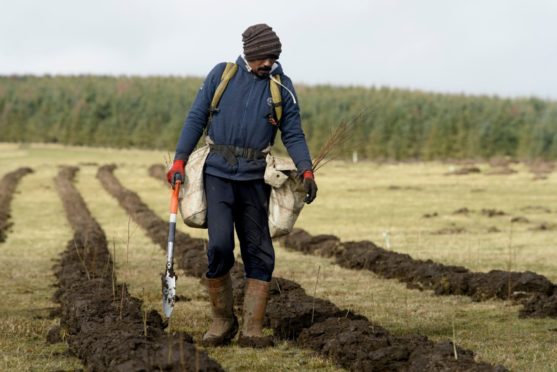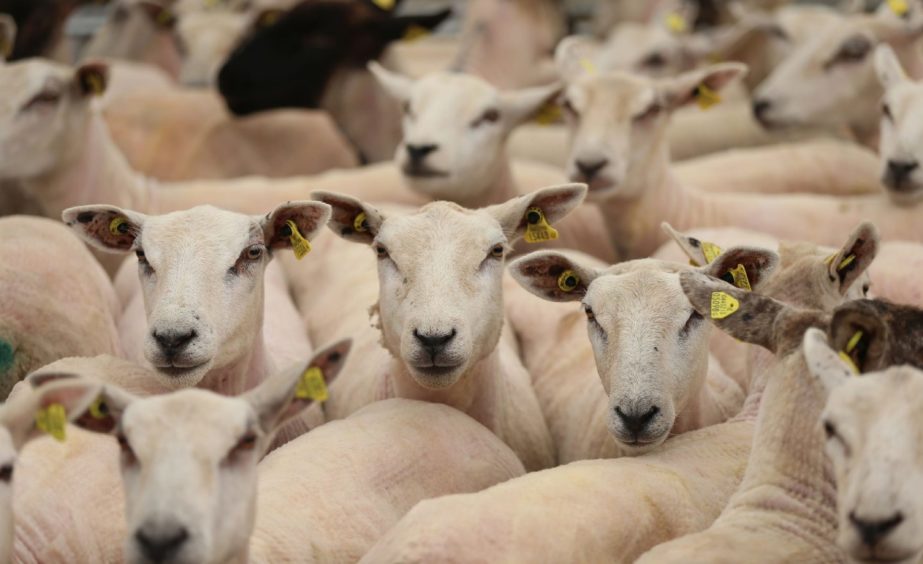The markets are generally looking good for beef and sheep – it’s great to see trade achieving a level that just about makes the job worth investing in.
A series of unlikely events could be the only way to explain the current strong prices in the beef and sheep sector.
Leading up to Brexit all the indications looked grim for both markets, but in some ways Covid has been our saviour from Brexit, and Brexit our saviour from Covid.
The paradox of the two seemingly disastrous situations cancelling each other out may yet flip on its head, and they may yet both deliver the body blows we all expected, but at the moment the confidence seems to be felt throughout the supply chain with store prices that can only be described as astronomical.
Meanwhile, there wasn’t much difference in the agricultural promises from parties ahead of the elections – the one thing they all seemed to agree on is trees, and the need to plant more.
The drive to plant trees has the potential to be the death-nail of the tenancy sector in Scotland.
There have already been a number of high-quality farms covered in trees, with many more earmarked to be developed.
There must be estates looking at the potential returns by either selling up for trees, or planting forestry themselves, and the real losers in this situation are going to be the new entrants looking to take on tenancies.
Whilst I agree we have to address emissions, I am strongly of the opinion the evidence has to be fully evaluated on how much carbon is absorbed compared to our pastures, which have a huge potential to absorb carbon, whilst also feeding us.
The NFU Scotland board recently heard about carbon credits and how the market will operate.
Currently, it is only forestry credits that can be traded, but it was mentioned that there are peatland and grassland schemes in the pipeline to be developed as well.
Forestry credits will be sold for a 40-year term, and whichever business buys them will be able to offset their emissions against the sequestered carbon.
This only counts for new trees planted, and there is a host of calculations to predict the volume of carbon sequestered.
One thing we have to be careful of as an industry is if we sell off our carbon credits we may get a quick buck at the start, but all the carbon that we sequester on our farms could benefit someone like an airline.
And with the spotlight on Scottish agriculture, we need to make sure we don’t give away our green food producing credentials for a generation.
Rather than trying to blanket our landscape with trees, I really hope the next government will invest in the potential of our productive farmland across the country and fully investigate the carbon sequestration capacity of our land so we can produce healthy food, safely in the knowledge we are not the carbon emitters often demonised by those with anti-farming agendas.
*Pete Moss farms at Holm in Orkney. He is NFU Scotland next generation committee chairman and chairman of Orkney District Young Farmers.

